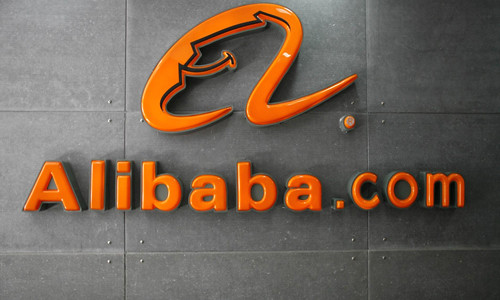Chinese tech giant Alibaba made headlines recently by announcing it would no longer move forward with plans to spin off its cloud computing division into a separate publicly traded entity. This decision sent Alibaba shares plummeting over 8% in pre-market trading and has raised questions about the company’s prospects.
Alibaba had envisioned listing its Cloud Intelligence unit, which competes against AWS and Azure, to unlock shareholder value. However, escalating geopolitical tensions influenced the reverse. As the U.S. tightens restrictions on chip exports to China, it introduces considerable uncertainty into Cloud Intelligence’s ability to procure critical hardware.
Without assurances it can reliably access high-tech components, Alibaba determined a full spinoff no longer accomplishes the goal of optimizing investor returns. The chip sanctions imposed by Washington represent a significant new threat for all Chinese tech giants reliant on U.S. suppliers. Companies like Alibaba now face barriers previously unimagined.
Alibaba’s most recent earnings report showed the pressures mounting, with revenue meeting projections but net income falling short of estimates. While the online shopping titan declared it recorded healthy annual growth across platforms during its 11.11 sales bonanza, macro headwinds continue to impact performance.
In an apparent bid to keep its stock price afloat, Alibaba stunned the market by announcing its first annual cash dividend payout of $0.125 per share, totaling around $2.5 billion distributed to shareholders. However, the underlying security concerns remain as geopolitical tensions escalate.
Overall, Alibaba remains driven by its vision but is challenged to adapt to new risk realities emerging from Capitol Hill. Investors will pore over signs its dominant e-commerce position and expanding portfolio can weather disruption. For now, optimism about long-term prospects clashes with a darker shadow being cast over China’s entire technology sphere.








